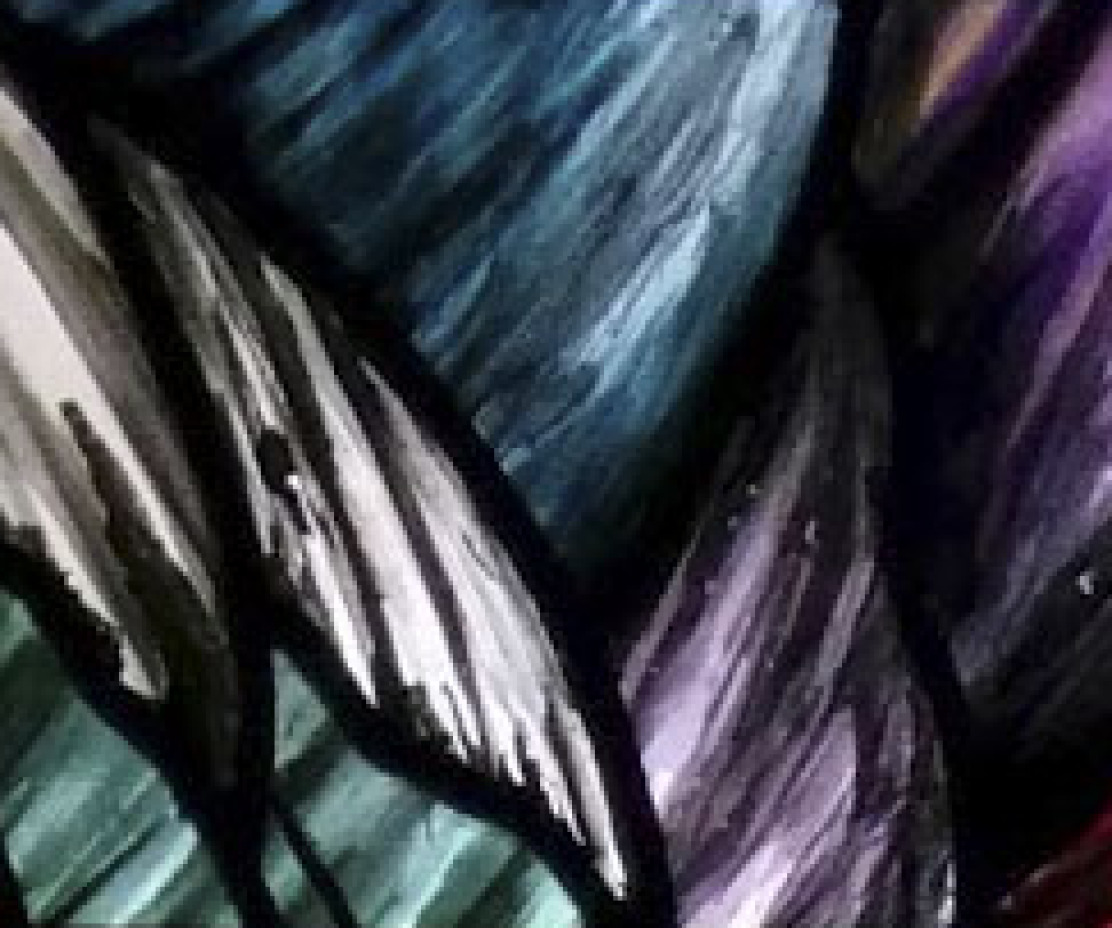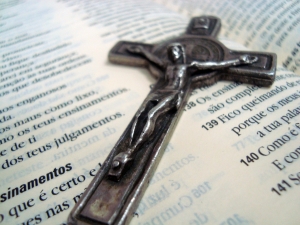Then Noah built an altar to the Lord, and took of every clean animal and of every clean bird, and offered burnt-offerings on the altar. And when the Lord smelt the pleasing odour, the Lord said in his heart, ‘I will never again curse the ground because of humankind, for the inclination of the human heart is evil from youth; nor will I ever again destroy every living creature as I have done.
As long as the earth endures,
seedtime and harvest, cold and heat,
summer and winter, day and night,
shall not cease.’
This final passage of chapter 8 demonstrates further some of the problems we have been having with Genesis thus far and also is an excellent example of the two different and distinct sources being blended together into one final text.
In the J source, 2 of every kind of animal, male and female, had gone into the ark. This is so the population of every kind of animal may be renewed after the flood, from 2 shall come all. This is very reminiscent of Adam and Eve being the progenitors of all human beings.
Yet this passage at the end of chapter 8 comes from the P source. Because the first thing that happens after the flood subsides is Noah builds an altar and sacrifices the clean animals to God. Well if there were only two of each then there would be no clean animals left to re-populate the earth and no more sacrifice to be had for God.
This type of revision of the J source was done earlier if you remember, when Noah took two of every kind of animal into the ark and then later the text was amended to say two of every kind of unclean animal and seven pairs of clean animals.
P is concerned about temple practices of sacrifice and revised the holy text so that P’s agenda would be writing into the history and sacred texts of the Jewish people.
Which begs the question, or two or three questions; why would God allow that to happen? How many times has it happened? And how can we know what is the definitive word of God?
Without giving some trite answers, let me say simply this, the bible has been translated many times. The originally meaning has gotten further and further away from us after each new translation, since translations are just interpretations anyway. The meanings of certain terms or words do not transfer from one language to another. Often a joke in one language just sounds strange in another.
For example, the Old Testament is full of puns, puns that we don’t get because we are not Jews or reading Hebrew. And in a rush to claim authority and divine revelation for the bible we have forgotten some fundamental facts, namely we are reading someone else’s interpretation and not the definitive word of God. It has passed through the hands of many a translator.
Does that mean we throw it all out? No. It just means that P interpreted the flood event so that it would make sense in his world. Likewise we are going to have to interpret God’s words and God’s already interpreted words so they make sense in a post-modern secular world that we find ourselves in.
Do we add new words like P did to the sacred texts? Some would argue that tradition, liturgy and ceremony are additions to God’s holy words, especially surrounding the sacraments. So yes I think we do add to the singularity of God’s words with our own words, ceremonies and rites. They help us make sense out of the bible and God’s plan for us. They help us interpret the world around us through religious eyes and to see God’s glory in all things.
So I guess the next time we celebrate the Eucharist or a baptism, we should remind ourselves that each choice we make and each words we use, add or change is an adjustment to what came before, just like P did. P adjusted the sacred texts to fit the style of worship of the people of God at that time. We adjust words as well, with new translations of scripture, new versions of the Lord’s prayer, new authorized Eucharistic prayers, gender inclusive language, etc…
Additions can add to the diversity of our worship, which can be good or bad. Whether P’s additions are good or bad I will leave up to you to decide.


I don not tell why you are confused. There were seven each of the clean animals out of which Noah took to sacrifice to the LORD. Therefore, there would be more left to repopulate. Why do we create confusion where it shouldn’t be. The Bible is very clear if we take our time to read it. Thanks
Actually it is not very clear at all. It frist states that Noah took 2 of every kind. And later is redacted to say 2 of every kind and 7 pairs of clean animals, so Noah would have enough to sacrifice during the flood and afterwards.
The grammar and language structures are clearly from 2 different time periods. In the J source, around 950 BCE, in the P source around 650 BCE. While in English you may not see the difference, but in the original Hebrew the differences are striking. It would be like reading a text with language from today, and every now and then some old English thrown in. That is the case with this passage.
The bible is indeed very clear if we take time to read it, but I would add we should not only read it, but we should study it and God’s word and most of all read it in the original language so to try to fully understand it.
Cheers